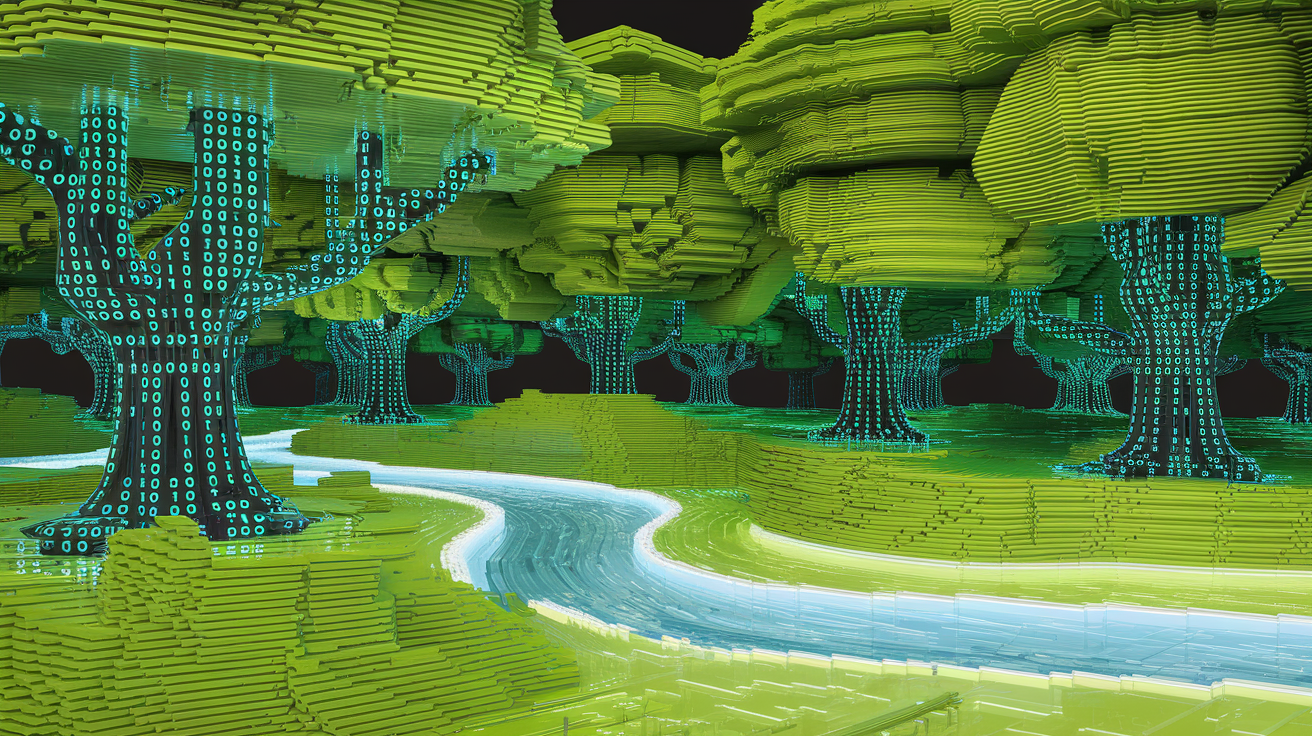We didn’t set out to build just another social network. One more network doesn’t solve anything. But a platform—one that can generate an infinite number of social networks and is powered by moral algorithms—that has the potential to change the world and help restore our shared humanity.
That’s what drives us.
A platform has always been—and always will be—more than just a single service. It opens up an entire ecosystem. It creates its own economy and infrastructure. So far, no one has truly built a platform in the world of social networks. And honestly? The timing couldn’t be better.
The Difference between service and platform?
- A service is a product that delivers value to users through direct interaction—think Dropbox, Evernote, or a food delivery app.
- A platform creates the infrastructure for others to build and interact—think iOS, Shopify, or Airbnb. It connects multiple user groups (like developers and users, buyers and sellers) and enables value creation among them.
From the Owner’s Perspective: Platforms Multiply Value
1. Network Effects = Exponential Growth
Platforms benefit from network effects, where each new user increases the value of the platform for others. Facebook, for example, became valuable not because of its initial service but because users brought their networks with them. The more users joined, the more indispensable it became.
Compare that to a service like Flickr, which offered great photo storage—but didn’t evolve into a platform. As competitors like Instagram and Google Photos emerged with richer ecosystems and integrations, Flickr simply died.
2. Lower Marginal Costs, Higher Returns
Once a platform reaches critical mass, its costs to serve new users drop, but revenue and data opportunities rise. Shopify, for instance, earns not just from subscriptions, but from payments, apps, themes, and partner integrations. This diversified income stream gives it resilience and scalability that a single-service e-commerce site simply can’t match.
3. Ecosystem Innovation
By empowering third-party developers, platforms extend innovation beyond the founding team. Apple’s App Store brought in over $1.1 trillion in billing and sales in 2022, most of it through third-party apps. Apple didn’t build Instagram, Uber, or Spotify—but its platform enabled them.
From the End User’s Perspective: Platforms Empower and Adapt
1. Customization and Flexibility
Users want tools that adapt to their needs. Platforms let them pick and choose features via integrations, plugins, or third-party services. Take Notion: what began as a note-taking app became a productivity platform thanks to templates, APIs, and community contributions. Compare that to a rigid service like Wunderlist, which faded despite a strong early following.
2. Community and Belonging
Great platforms often build communities, not just products. Think of platforms like Reddit, GitHub, or Duolingo. Users don’t just consume—they contribute. That sense of ownership keeps engagement high and churn low.
3. Future-Proofing
Platforms evolve. A service solves today’s problem; a platform evolves to solve tomorrow’s. Amazon started as an online bookstore (a service), but it became a platform that redefined entire industries by building AWS, third-party marketplaces, and Alexa’s ecosystem.
Success Stories
| Company | Started As | Transformed Into | Platform Impact |
|---|---|---|---|
| Amazon | Online bookstore | Global e-commerce & cloud platform | AWS + Marketplace make up major revenue |
| Apple | Personal computer maker | App ecosystem | iOS developers create massive value |
| Shopify | E-commerce builder | Retail platform | Over 2M businesses and thousands of apps |
| Airbnb | Short-term rental service | Global travel platform | Experiences, listings, and now AI tools |
| YouTube | Video sharing service | Creator platform | Monetization, ads, partners ecosystem |
A Platform Mindset is a Long-Term Play
In the digital economy, platforms don’t just scale—they compound. They foster communities, empower co-creation, and generate value far beyond their original scope.
If you’re building for the long haul—not just a product but a movement—a platform gives you the architecture for lasting impact.
Services deliver value. Platforms multiply it. And in a world defined by acceleration, multiplication always wins.






